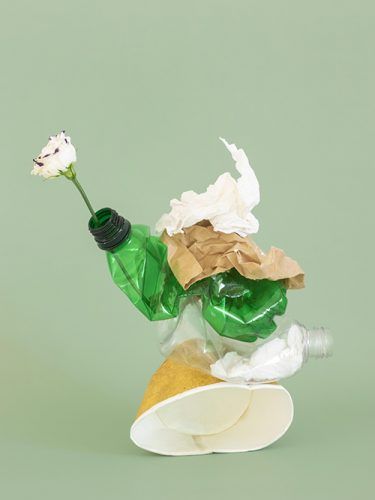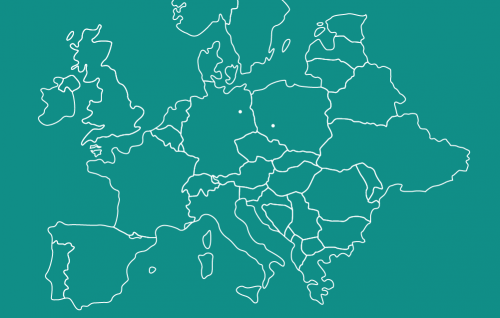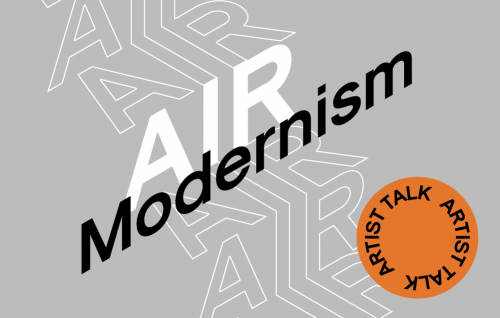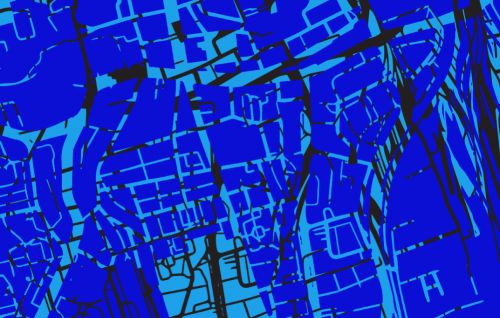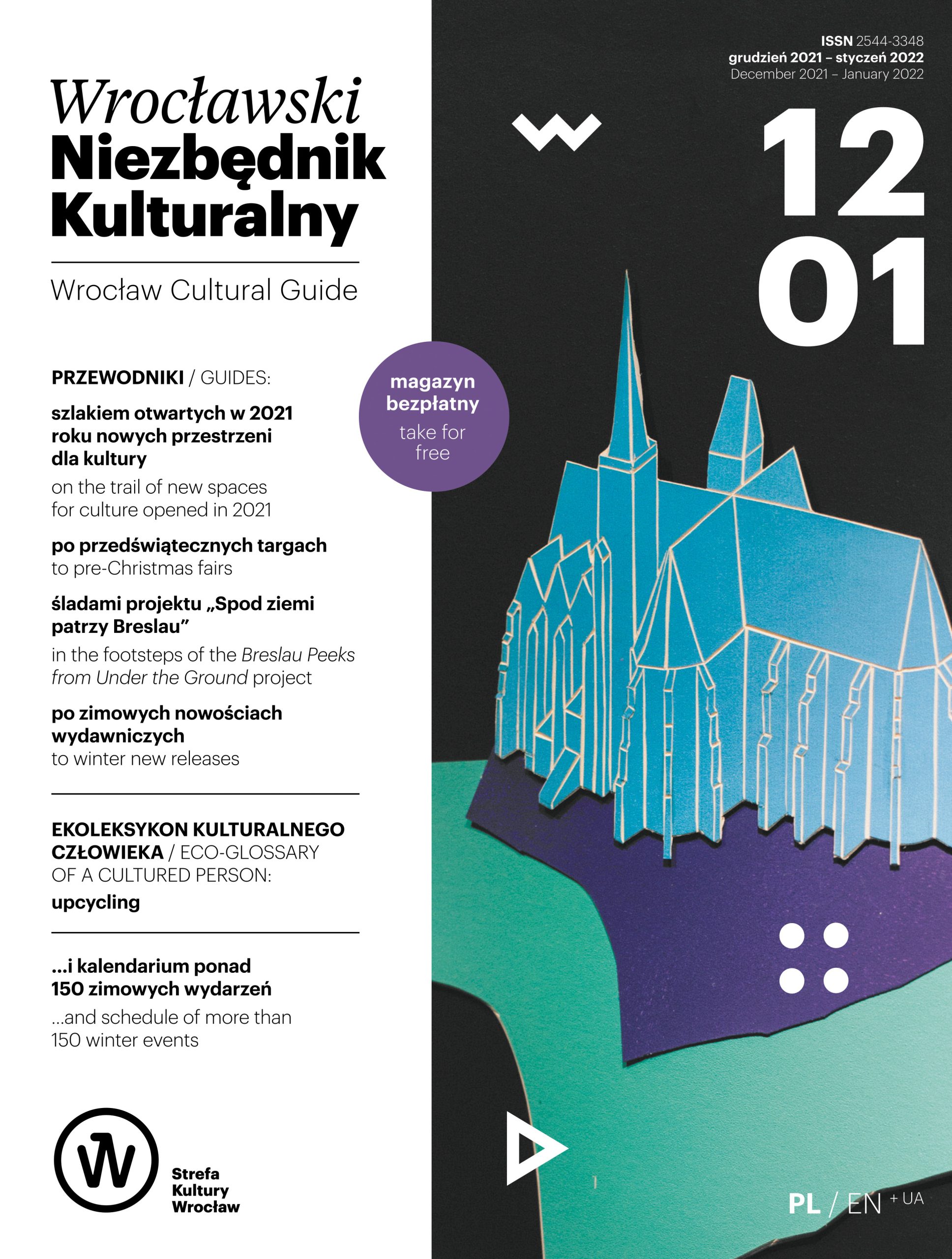Article also available in PDF
4 minutes read time
Our gardener neighbour once asked what we were doing to deal with the slug problem, all while running across her own garden with a spike and a bucket, trying to find and get them all. Our first instinct was to tell her that what she was doing was inhumane, but in our mind’s eye we could already see her distrustful reaction. That is why we decided to go with a word that includes an element that is widely respected, especially by older people – culture.
Our neighbour saw these little critters as intruders eating her lettuce and carrots. Permaculture, on the other hand, views them as a vital part of the ecosystem, meaning our world. What does this mean in reality? The slugs play an important role in the ecosystem due to their needs, skills and unique characteristics, which makes them precious and valuable – just like us! And I am not trying to paint myself as some kind of a slug lover – I am merely trying to understand them and thus limit their harmful impact, despite the fact that it is well in line with its nature.
Permaculture is a response to anthropocentric – meaning self-centred – human activity that has led to the degradation of soil, water and air, which support all the life on Earth. We are currently witnessing a mass extinction and disruption of entire ecosystems, endangering the stability and foundations of human civilisation, and this is an indisputable fact. That is why ethics constitute an important part of permaculture; however, it is not about proselytizing and appealing to some higher reason, but instead it focuses on scientific observations and sound foundations.
We are a part of nature – that is why by taking care of the planet, we take care of our own needs of food, shelter, conditions for growth and healthy relationships. By taking responsibility for our own lives, we also become responsible for the lives of people living around us and our immediate surroundings – only that way we can build sustainable and happy communities based on exchange and cooperation. In spite of the fact that the principles of permaculture are usually applied in gardening, thanks to their versatility, they can also be applied to our daily choices, at work and in other aspects of our lives. Our decisions should be based on an ethical framework comprising three key principles – care for the planet, our fellow human beings and returning the excess; all of which require us to think about the long-term impact of our actions and learning more about the interconnectedness of all biosphere users.
Permaculture is based on an essential foundation – gardening and growing our own food – and it is hardly a surprise, since it is our basic need. More specific permaculture principles serve as inspiration to create ecological, biodiverse and productive systems, instilling a certain curiosity in us and teaching us to skilfully read the landscape, so to speak. In order to achieve the best results with as little change as possible, combining elements that capture and store different energies. What is it all about, we hear you ask? For example collecting rainwater for watering in times of drought and helping soil regenerate with compost. Healthy soil not only means healthy plants and crops, but also increased sequestration of excess carbon dioxide from the atmosphere. What is more, gardening is about moving and being active and it can be done everywhere – not only in designated gardens, but also on your windowsills and balconies. If you do not have some green space of your own, you can join the Ołbin Open Garden community, where we learn permaculture design.
And what about the slugs? You can catch them and move them away from your vegetable patch. You could also do them a favour and plant a couple more plants for them to eat – that way they will spare your lettuce. Inviting snails and ducks to your garden might also be a good idea, as slugs are a part of their healthy diet.
Bruno Zachariasiewicz, Albert Miściorak
– coordinators of the Ołbin Open Garden, or permaculture community garden (co-created with the Plastformers Foundation , Yellow Umbrella Association – Ołbin Centre for Local Activities , Ładne Historie Foundation and the “Lepsze Jutro” Family Garden). They support the integration of the local community, conduct gardening experiments, host educational workshops and cultural events. They are driven by the idea that gardens should be an integral and appreciated part of the city, as for them, they are inextricably linked to an enormous potential for activities with residents, ecology, school education, physical activity, promoting biodiversity and urban farming.
Permaculture is a response to anthropocentric human activity that has led to the degradation of soil, water and air, which support all the life on Earth.

